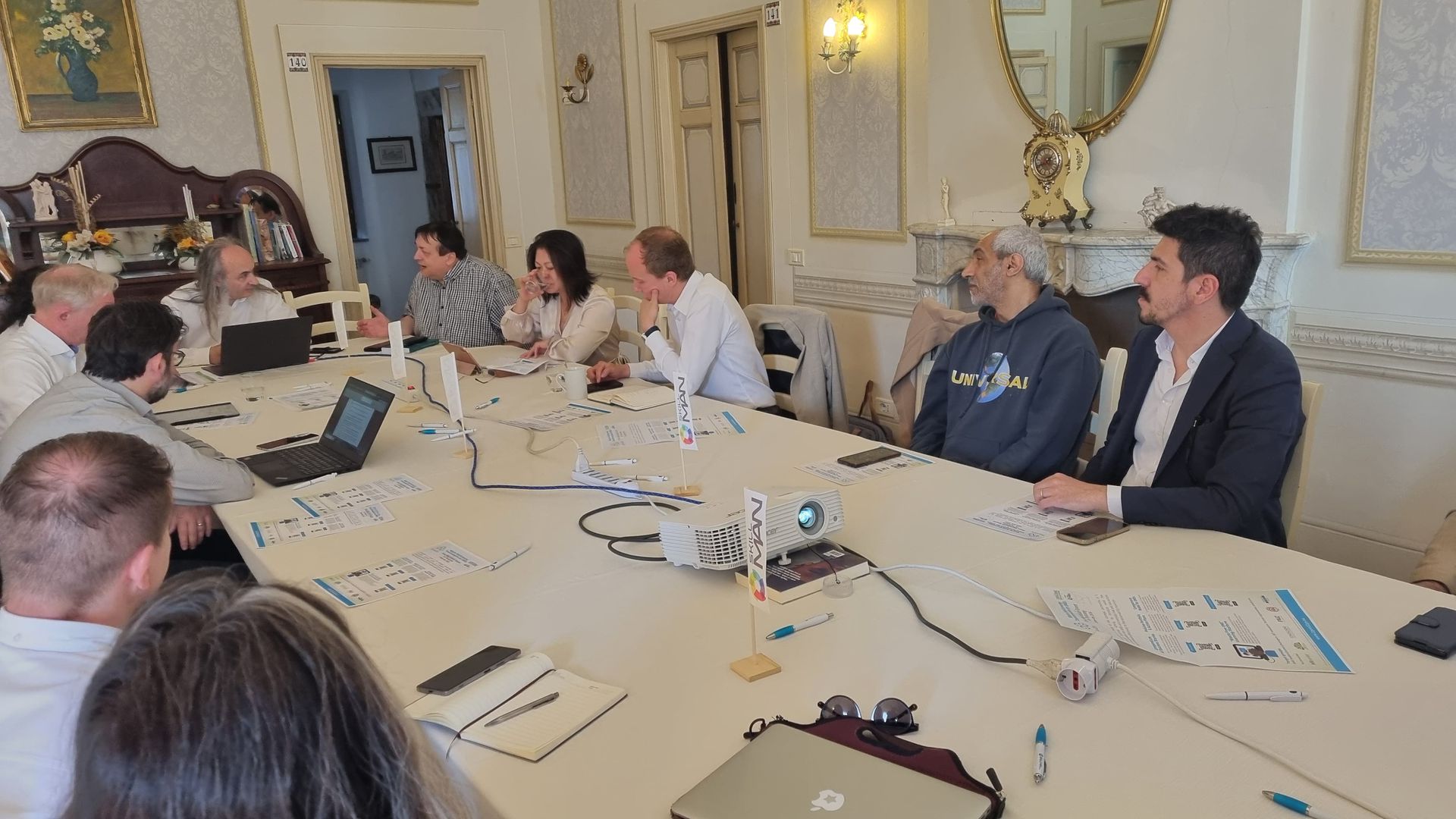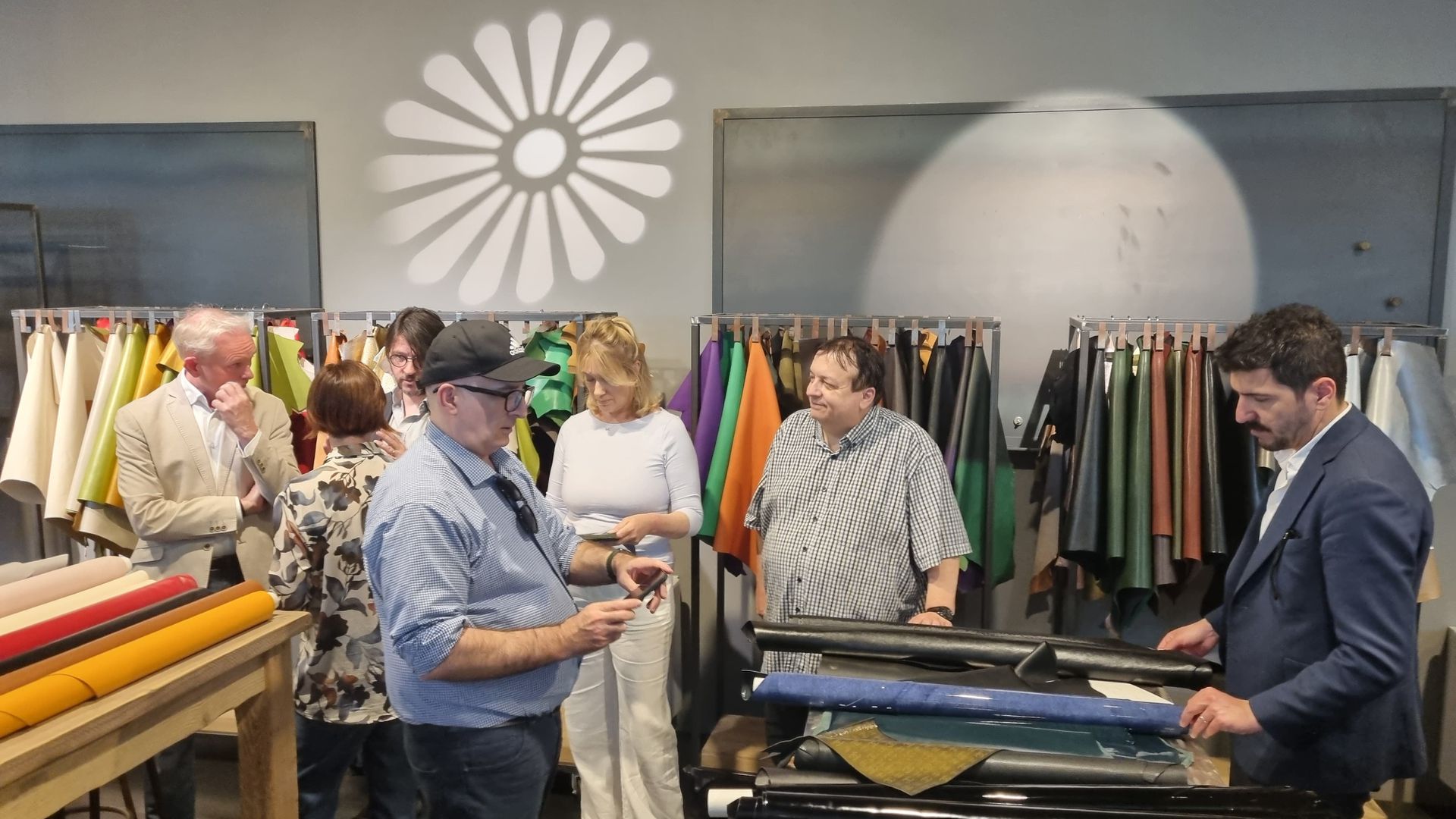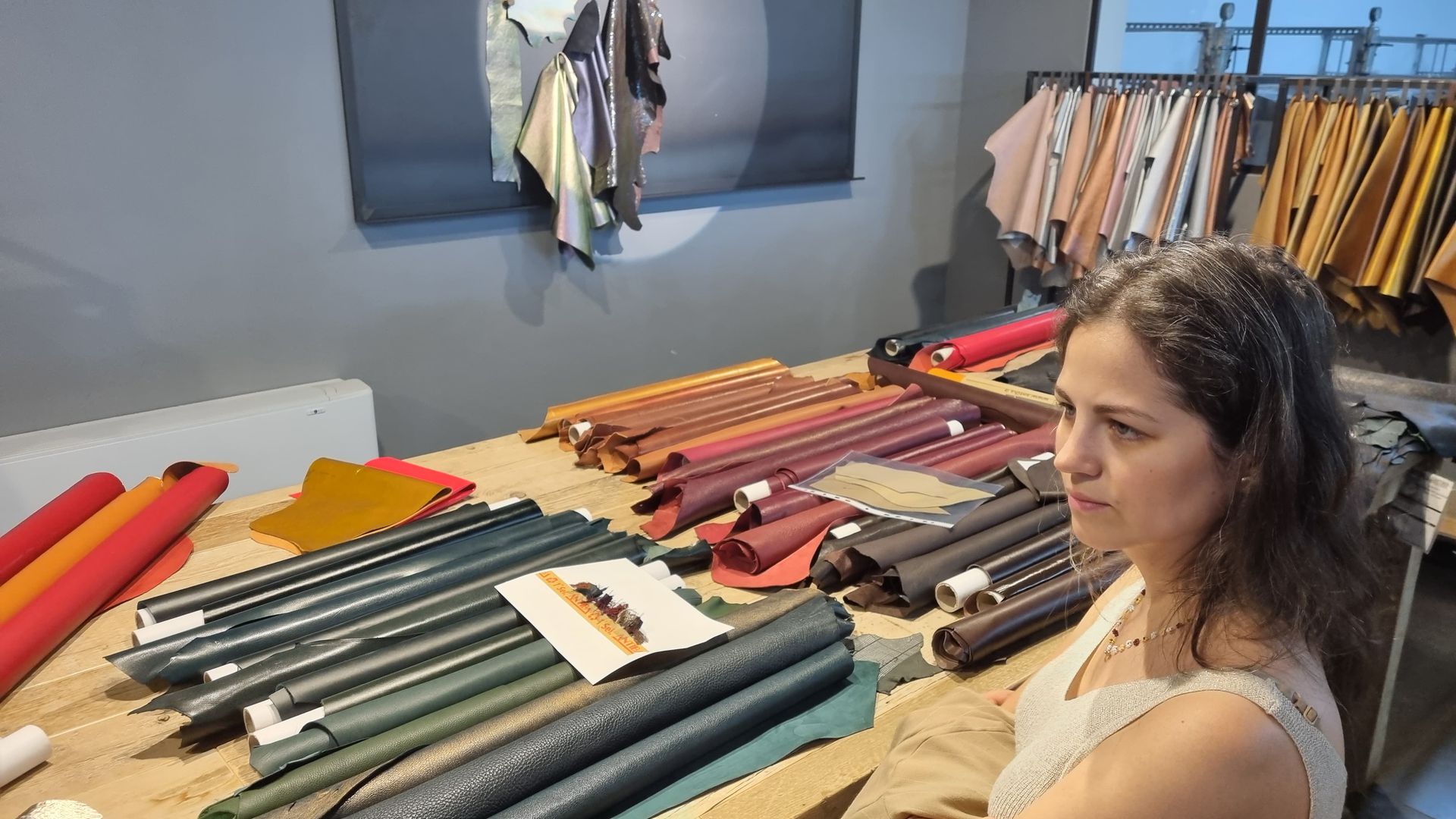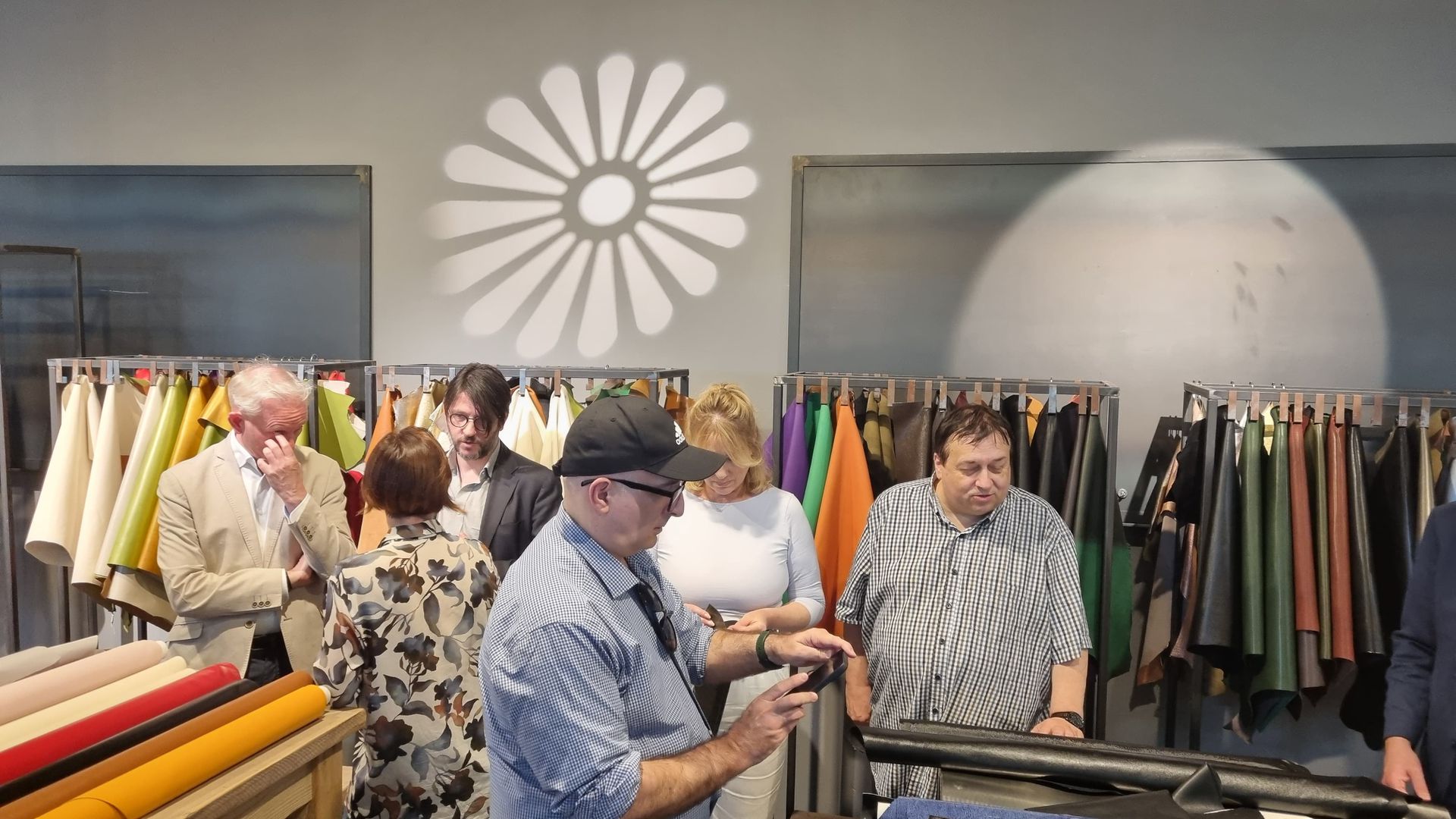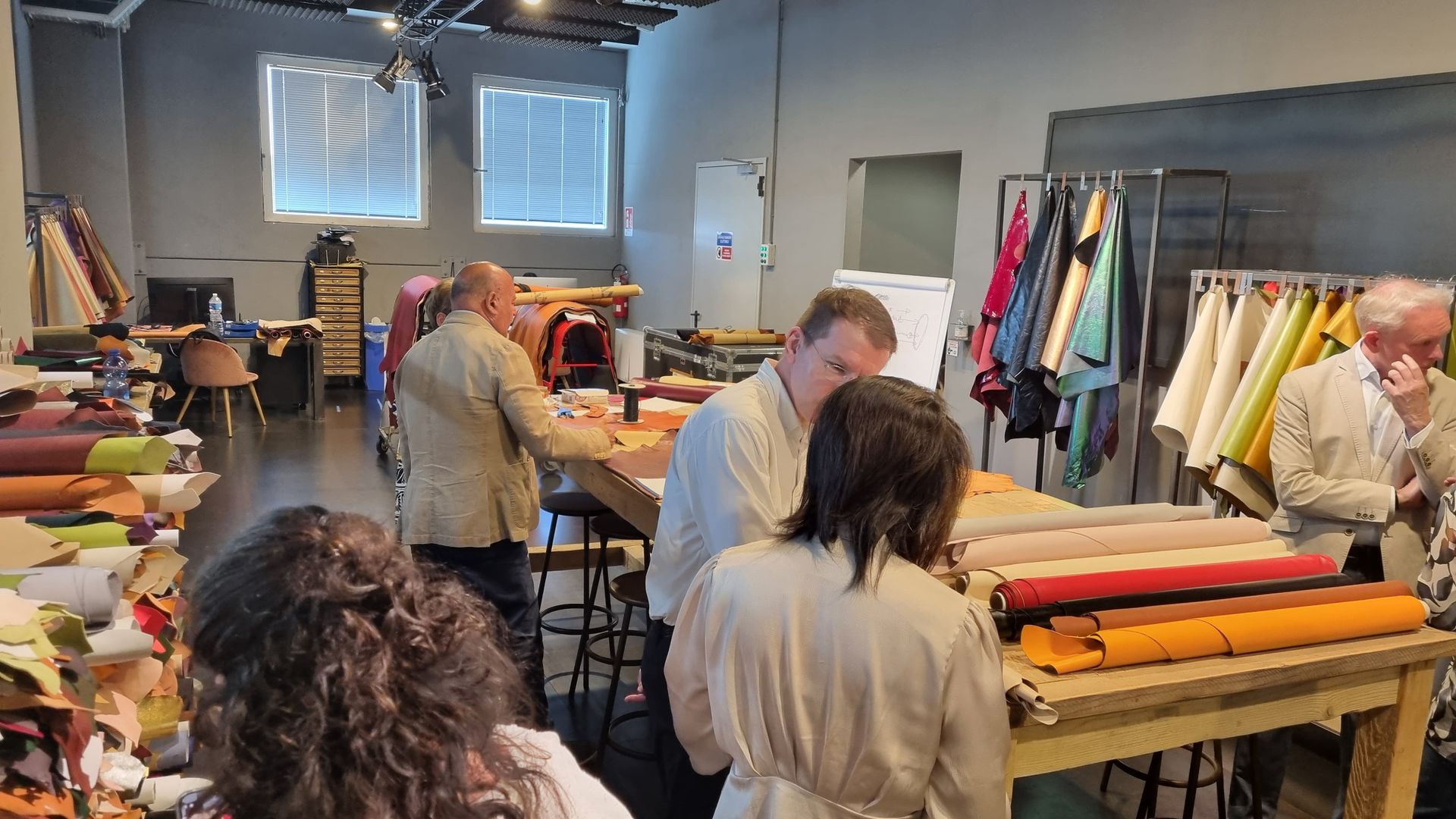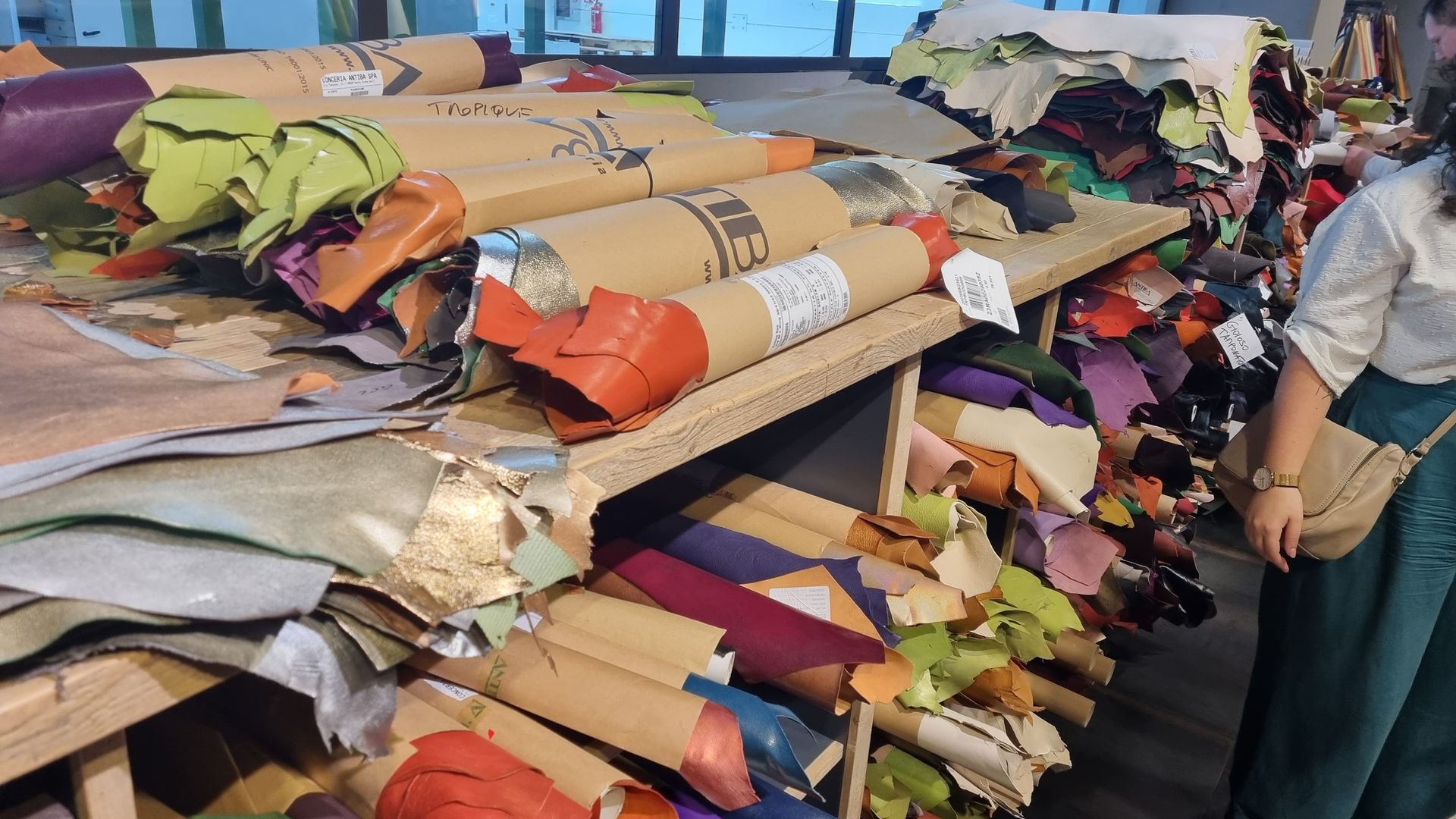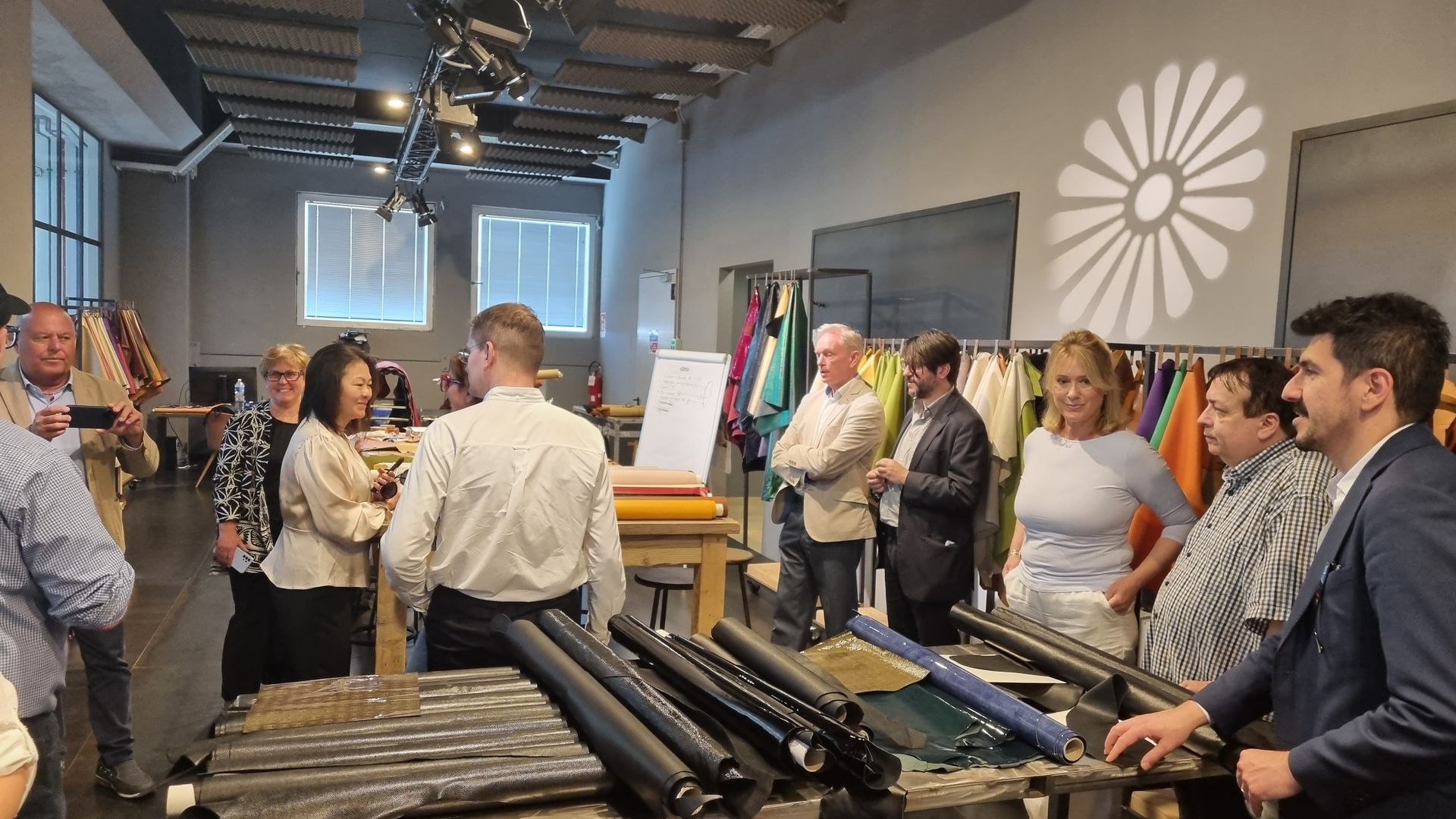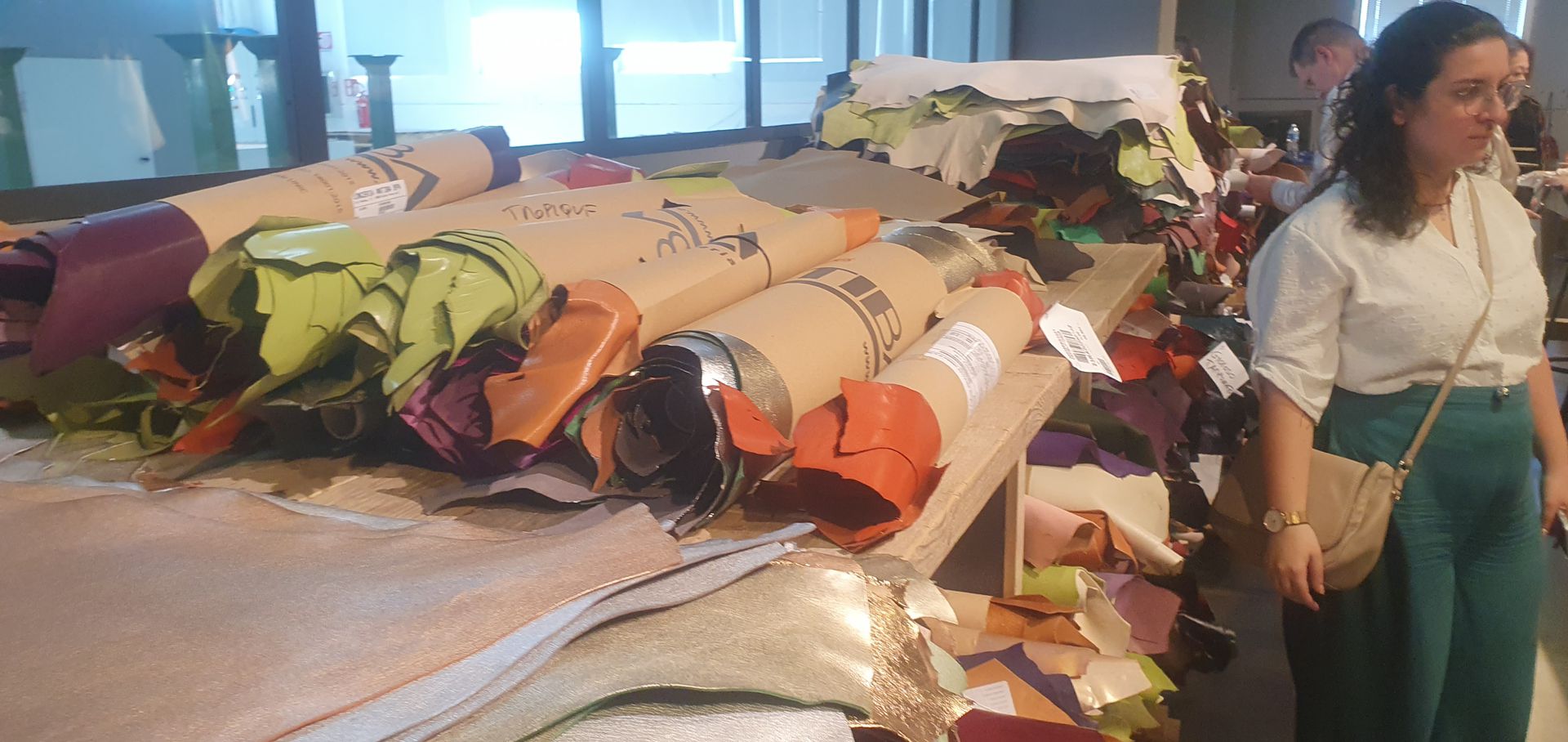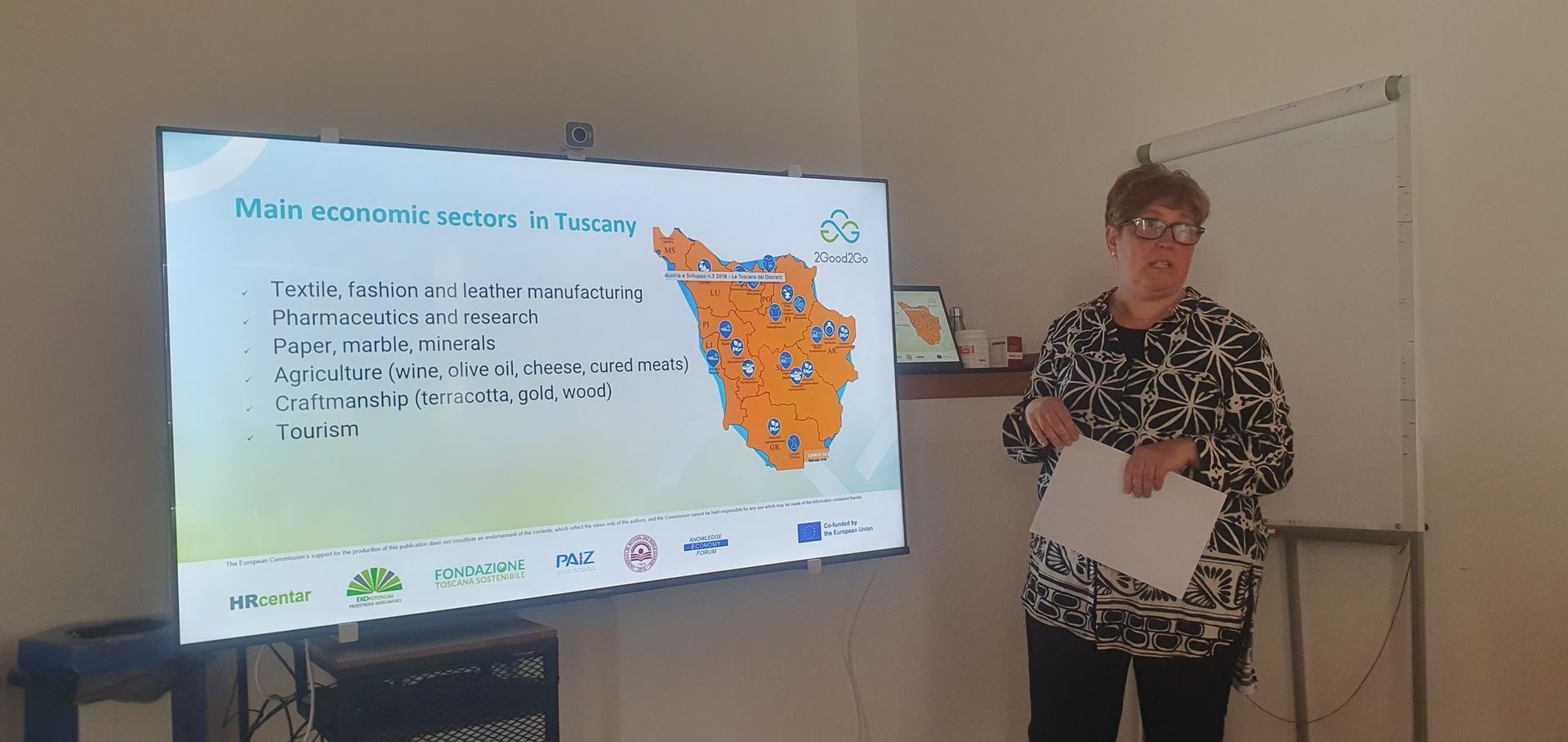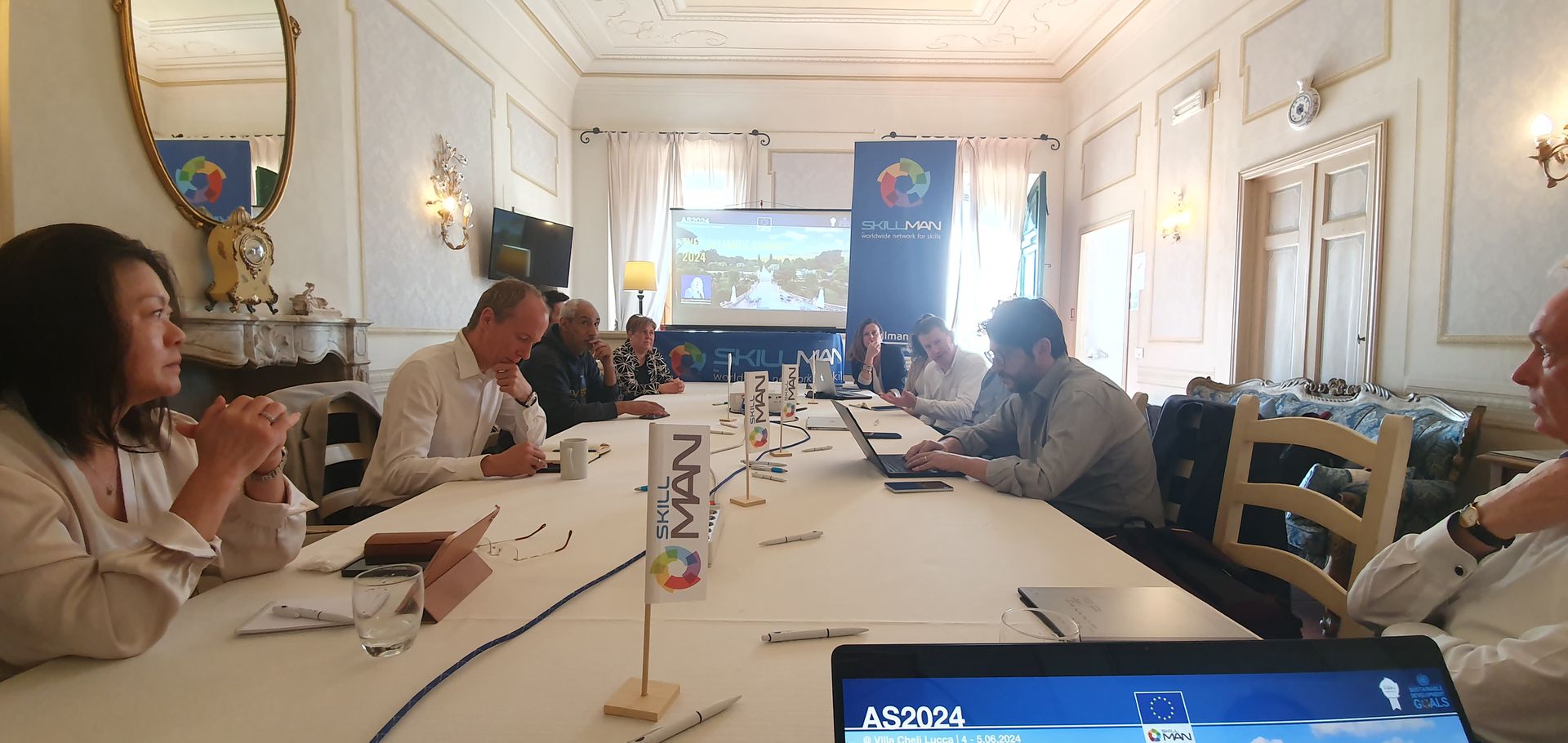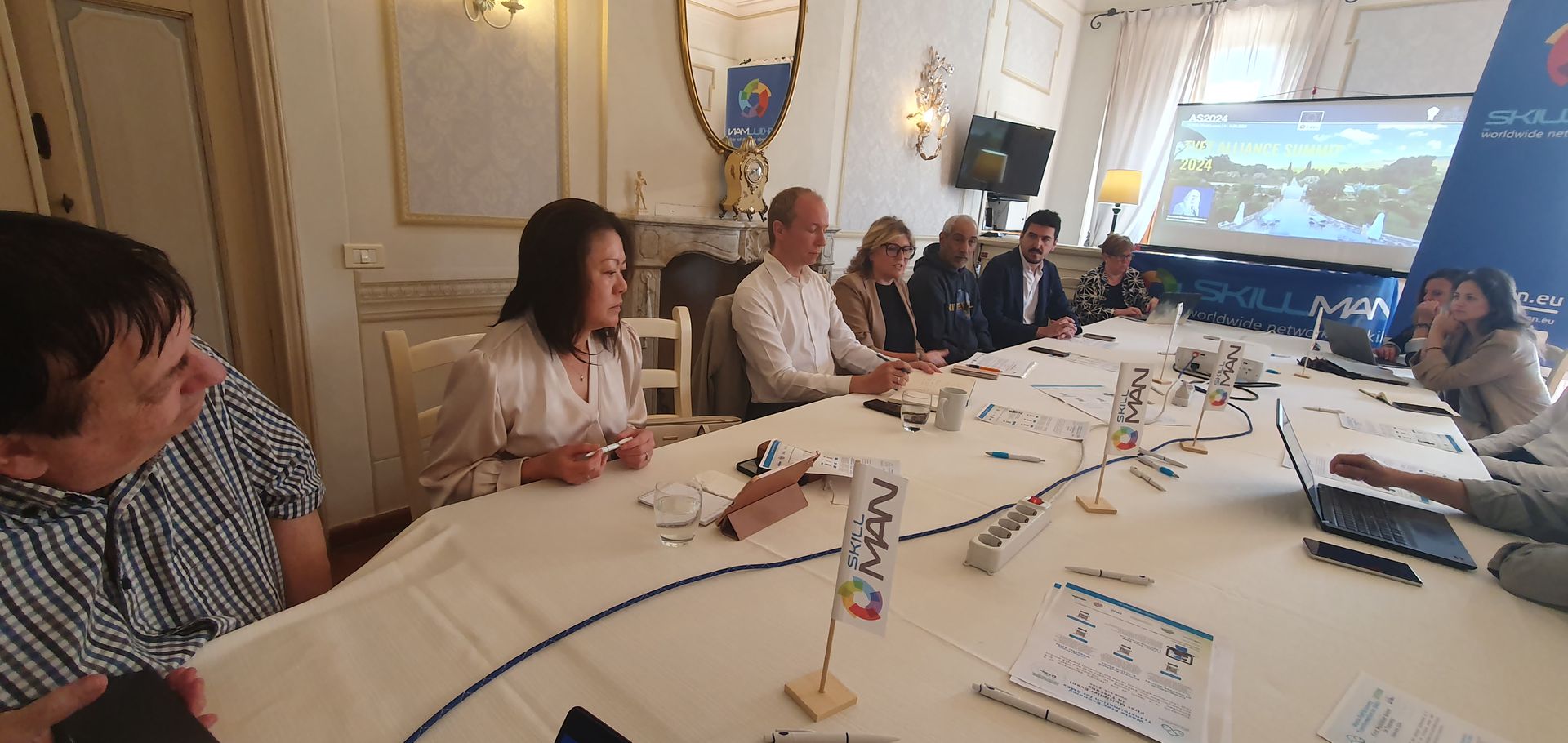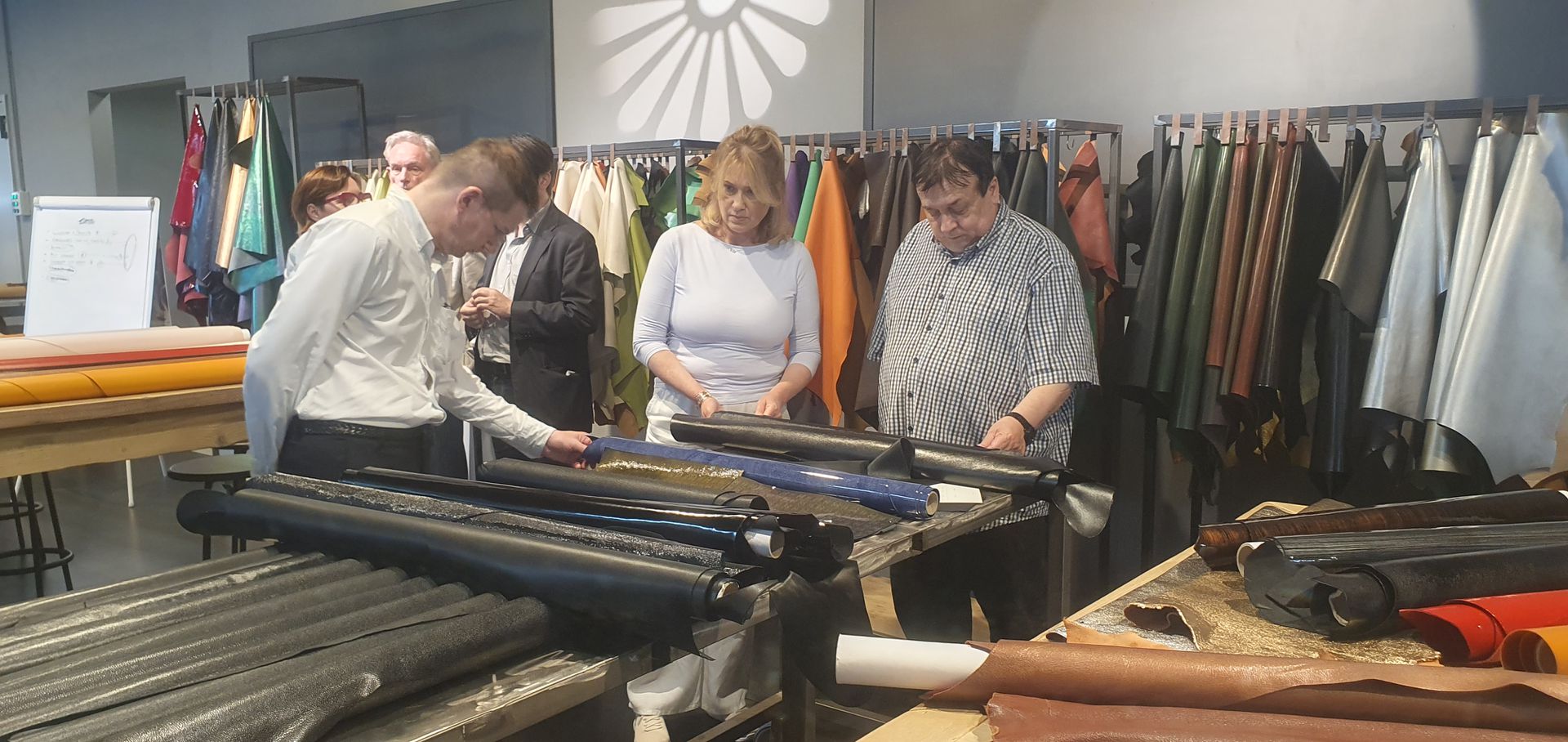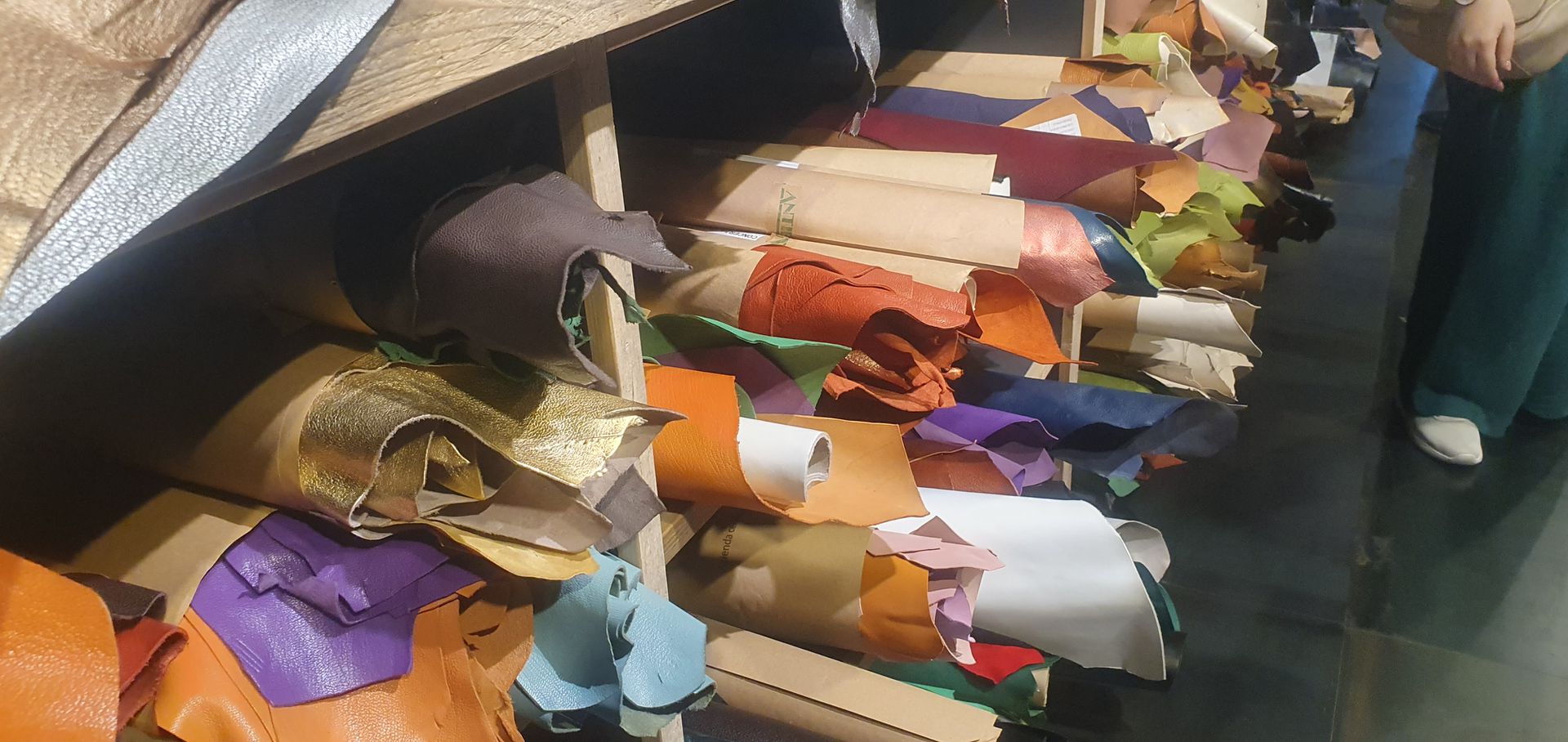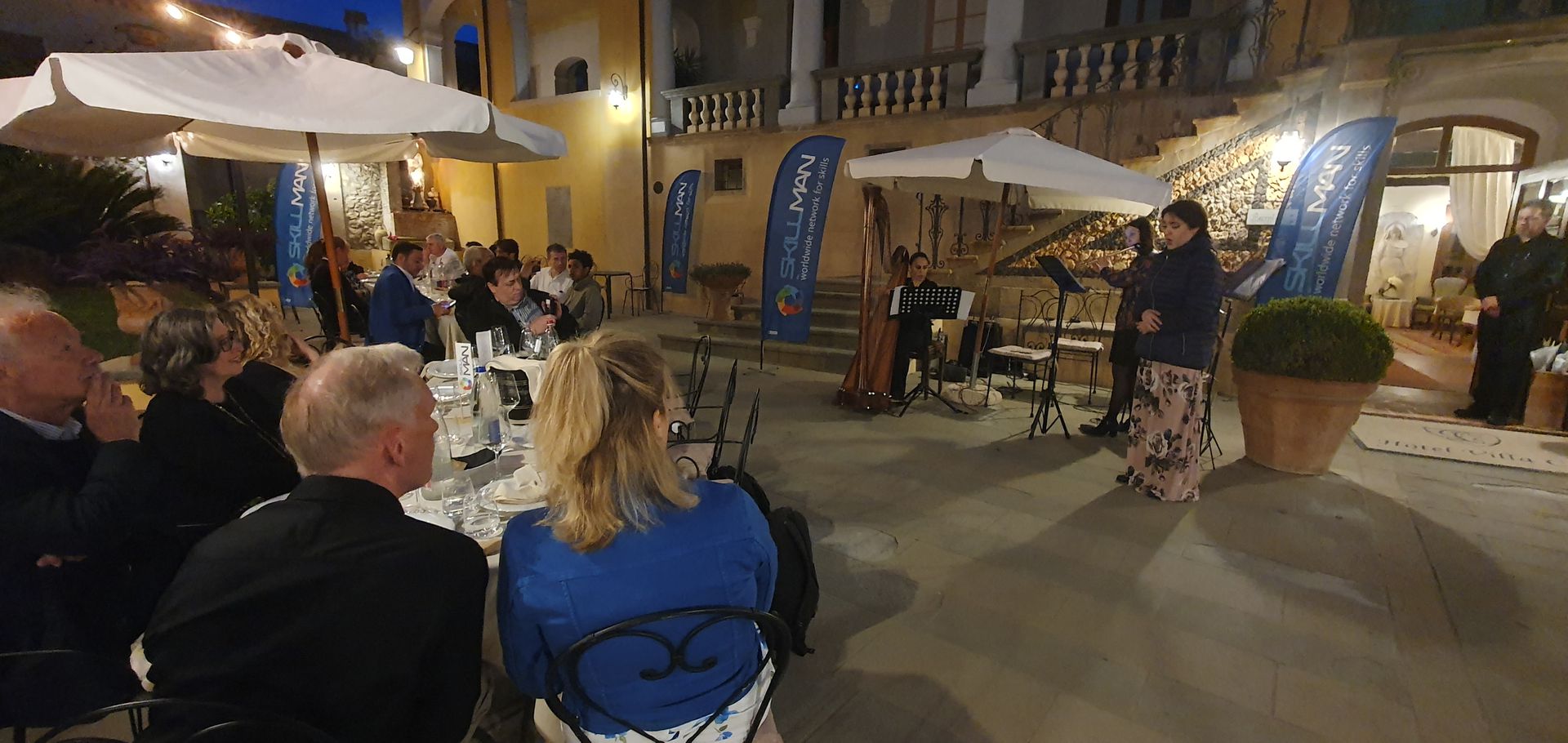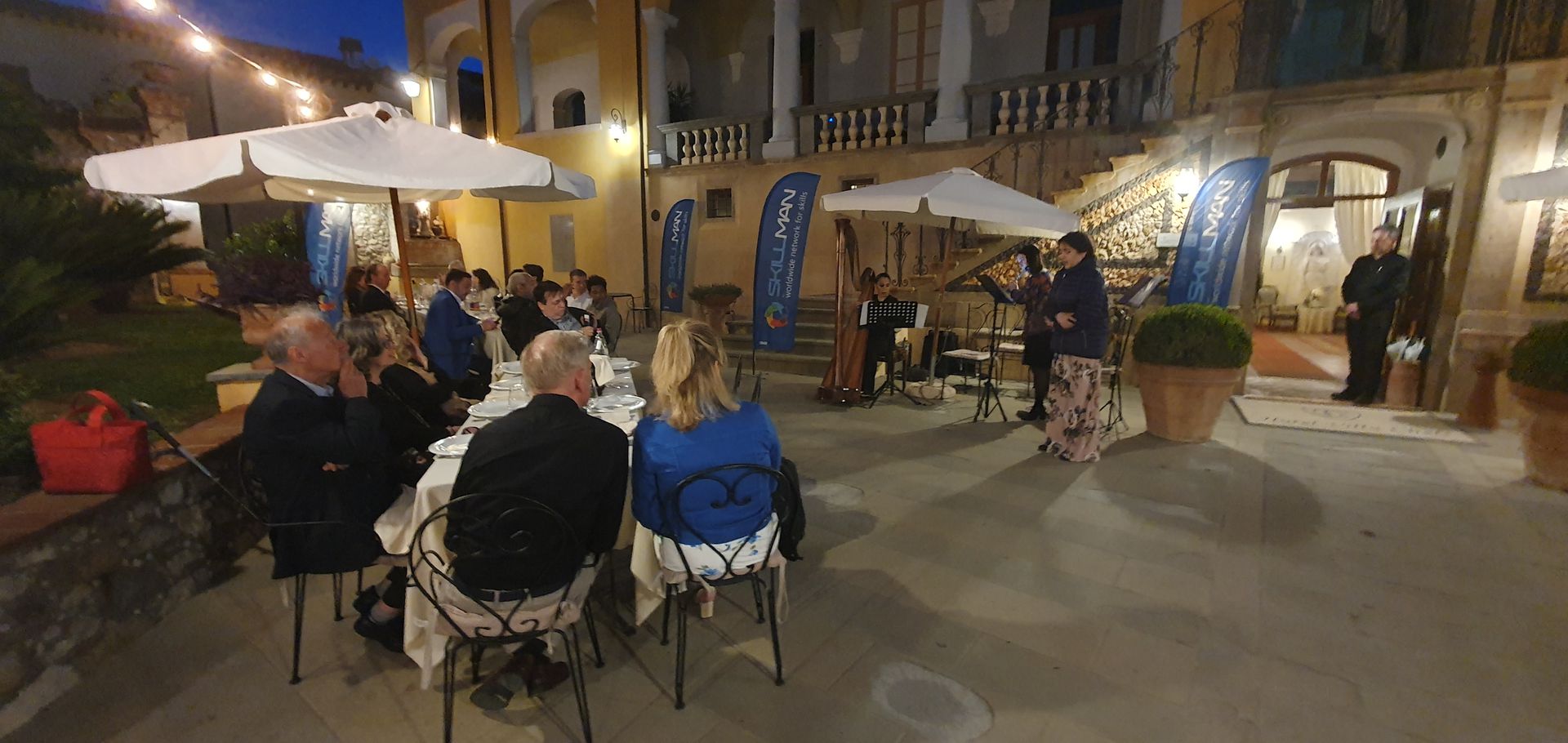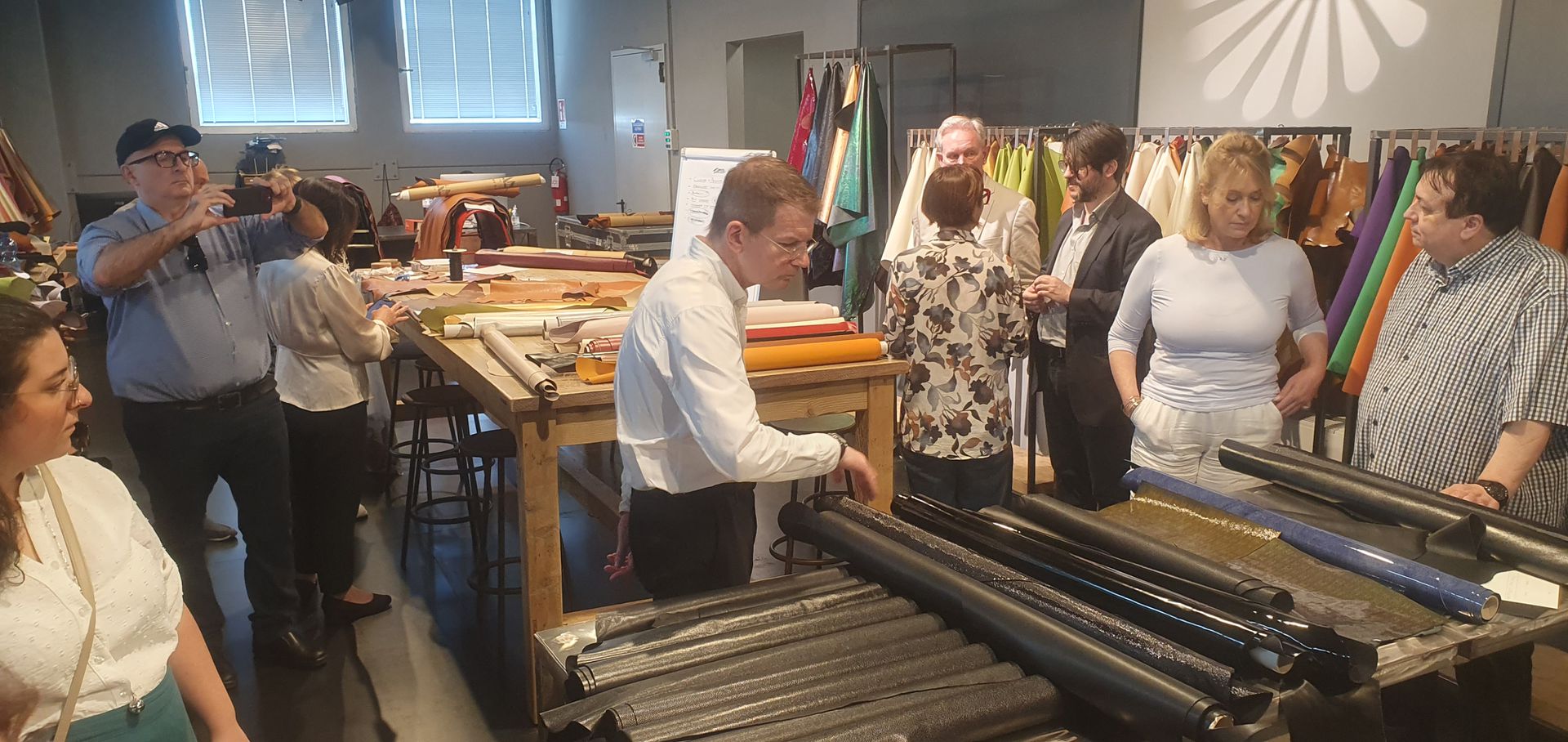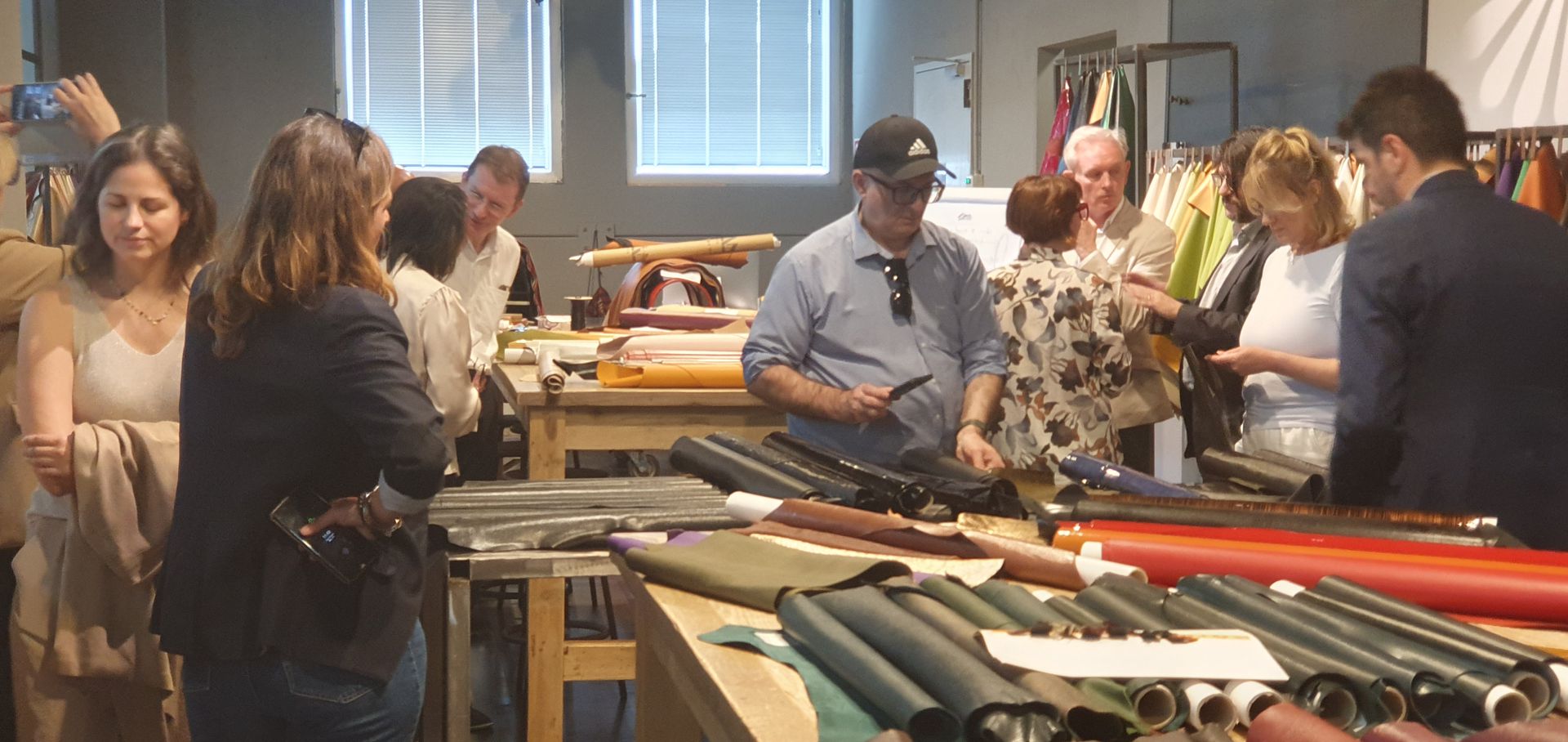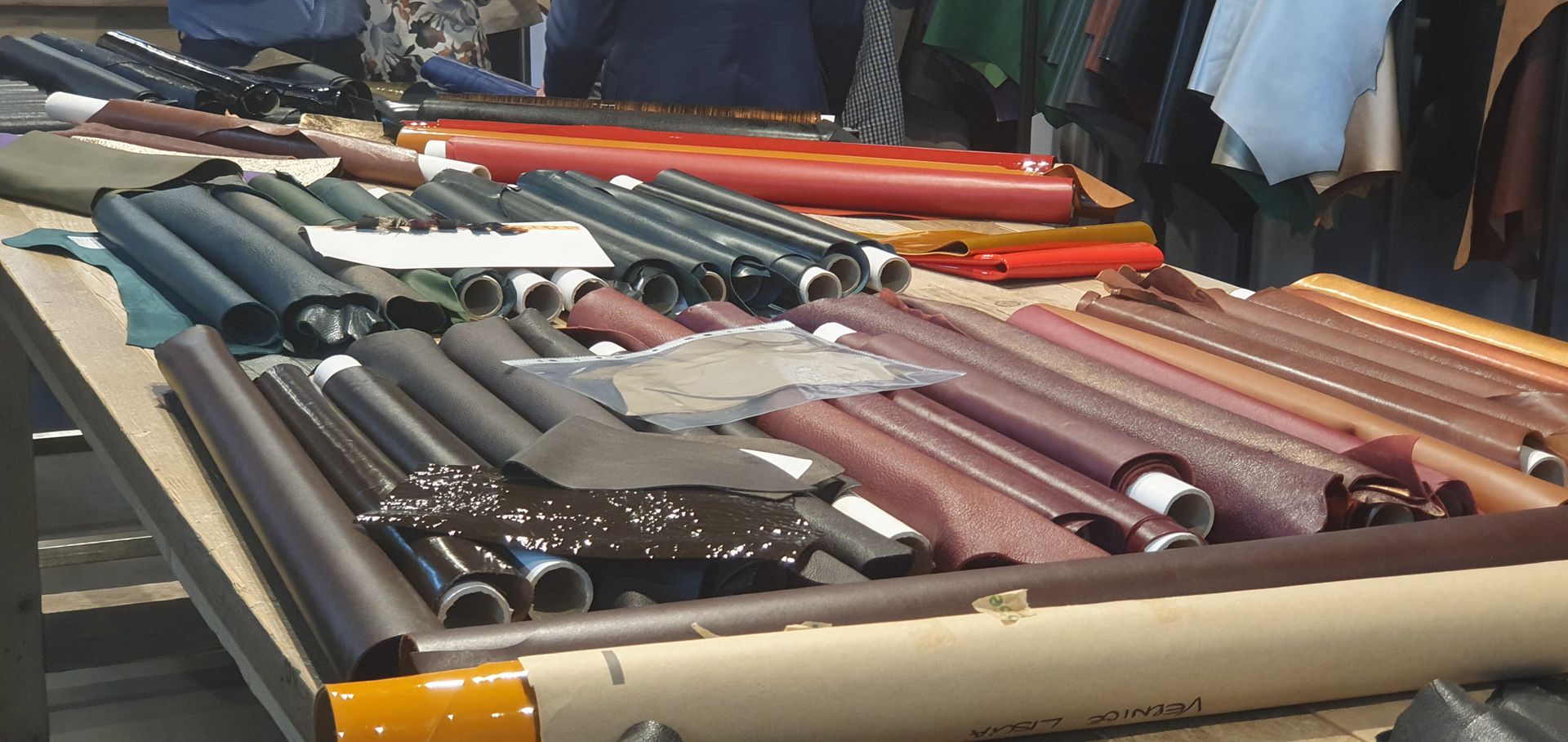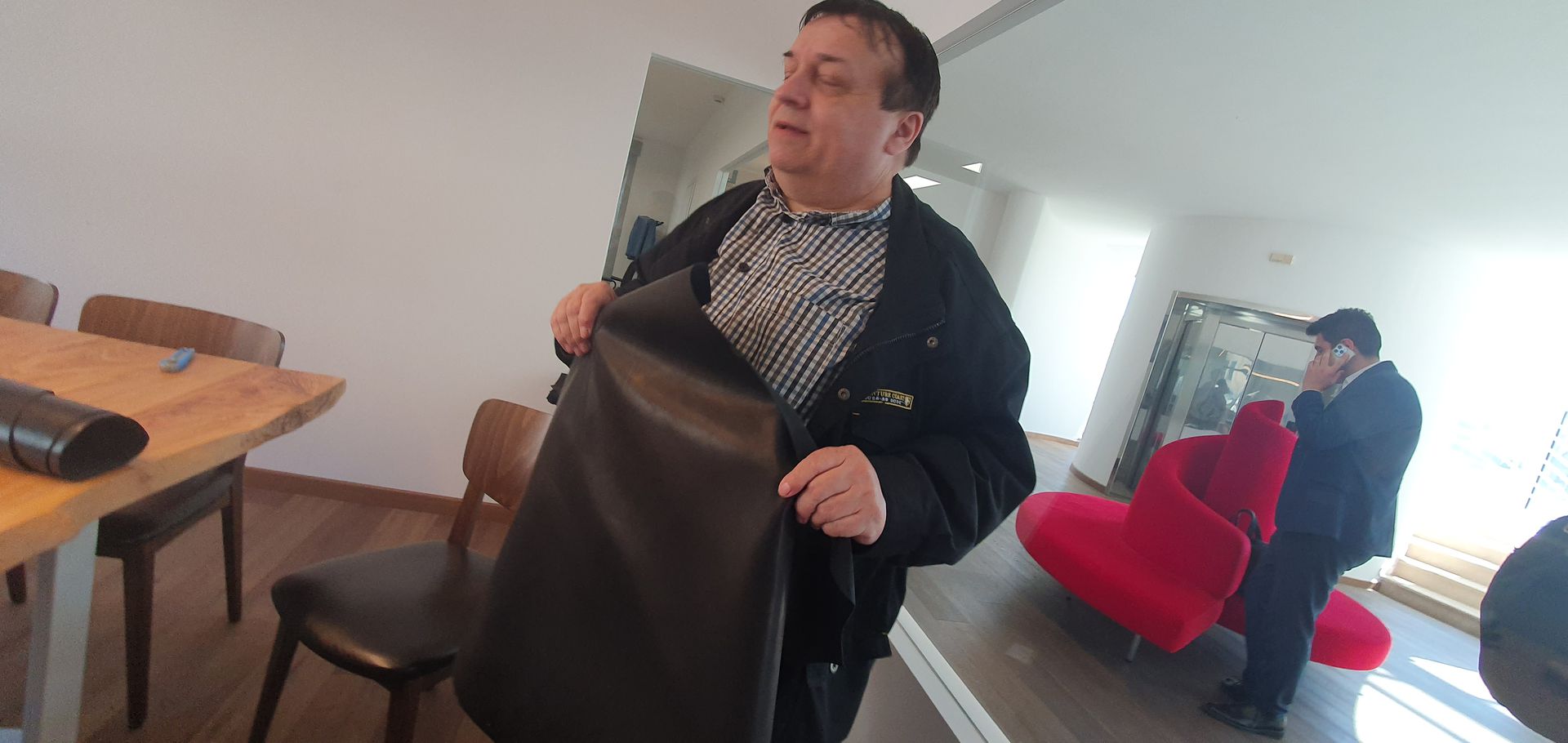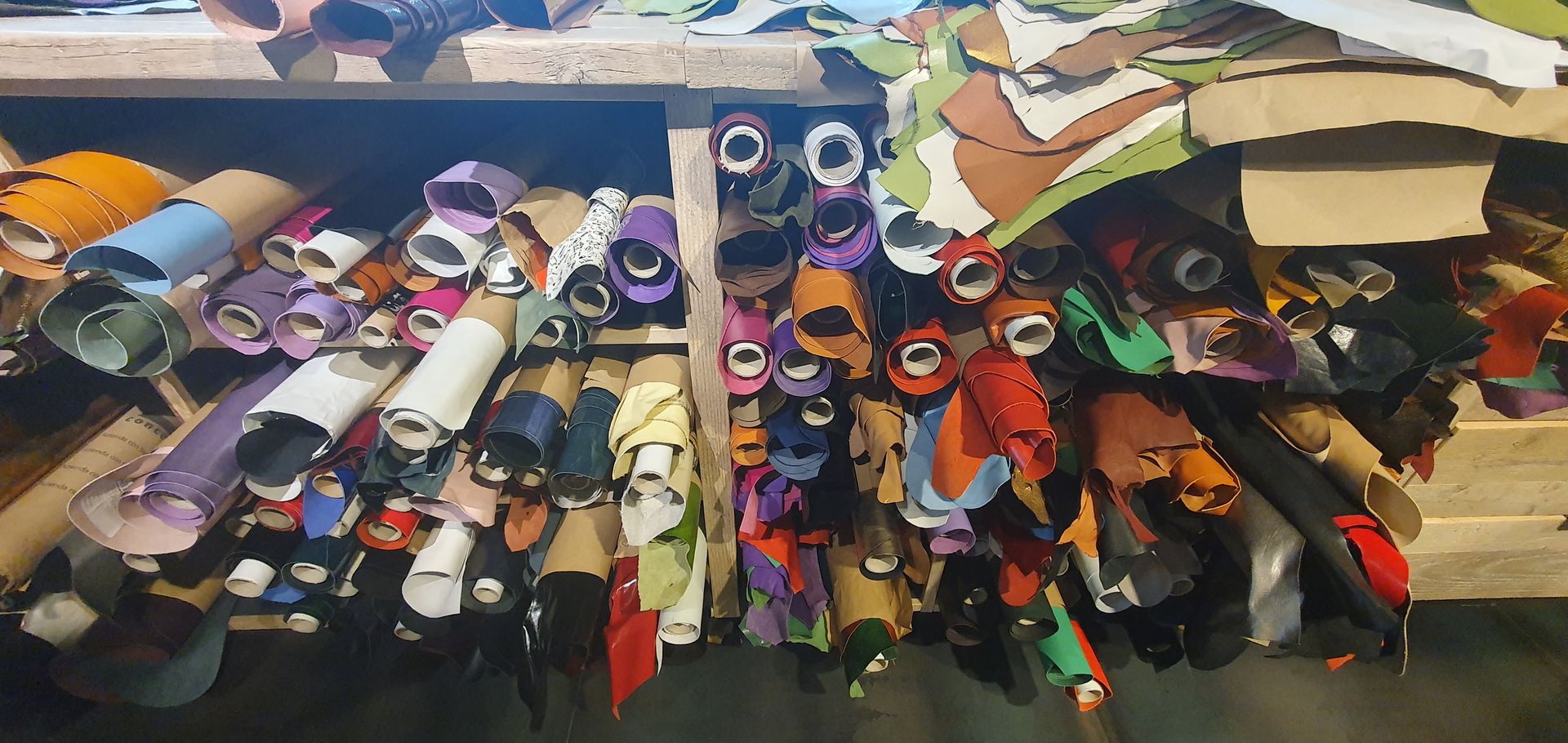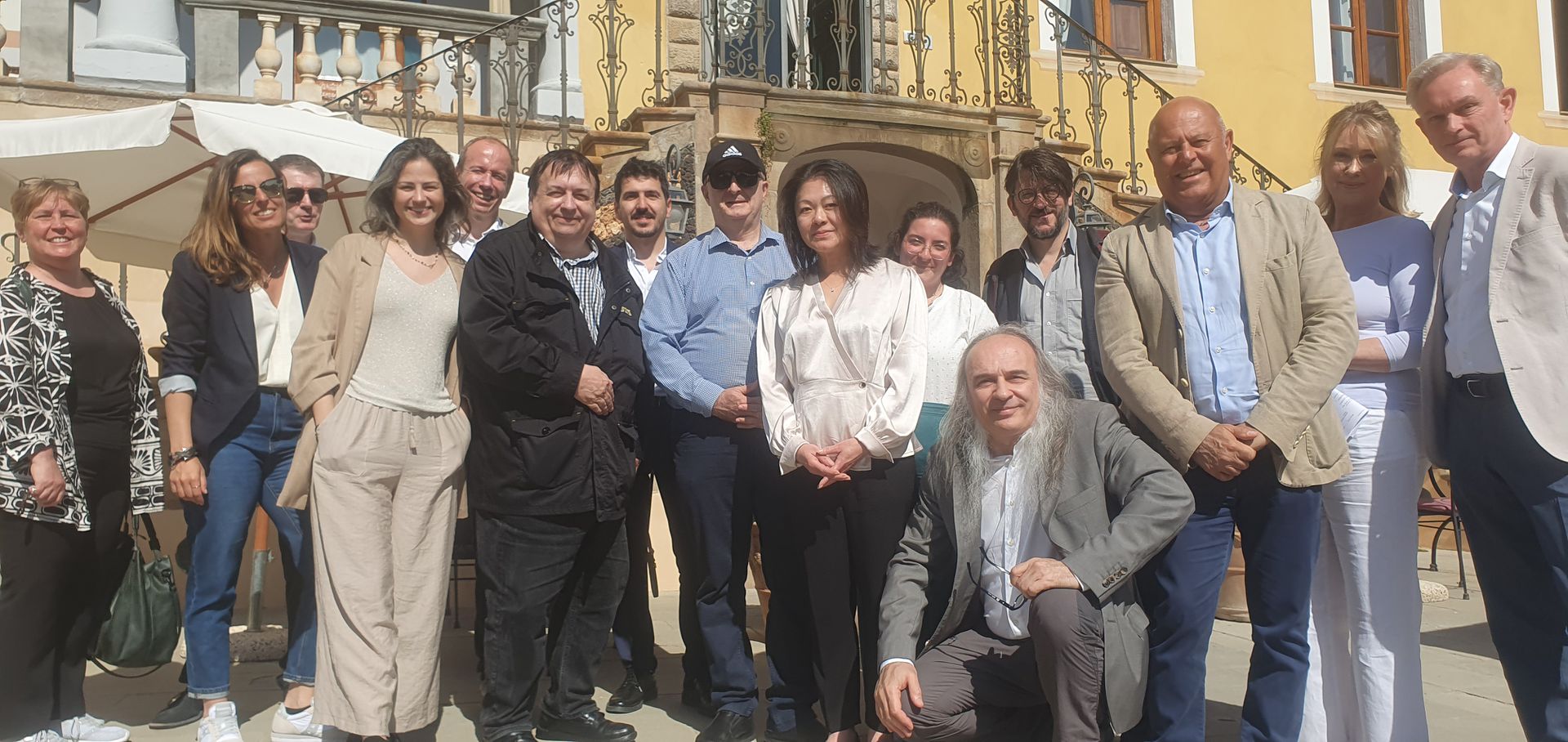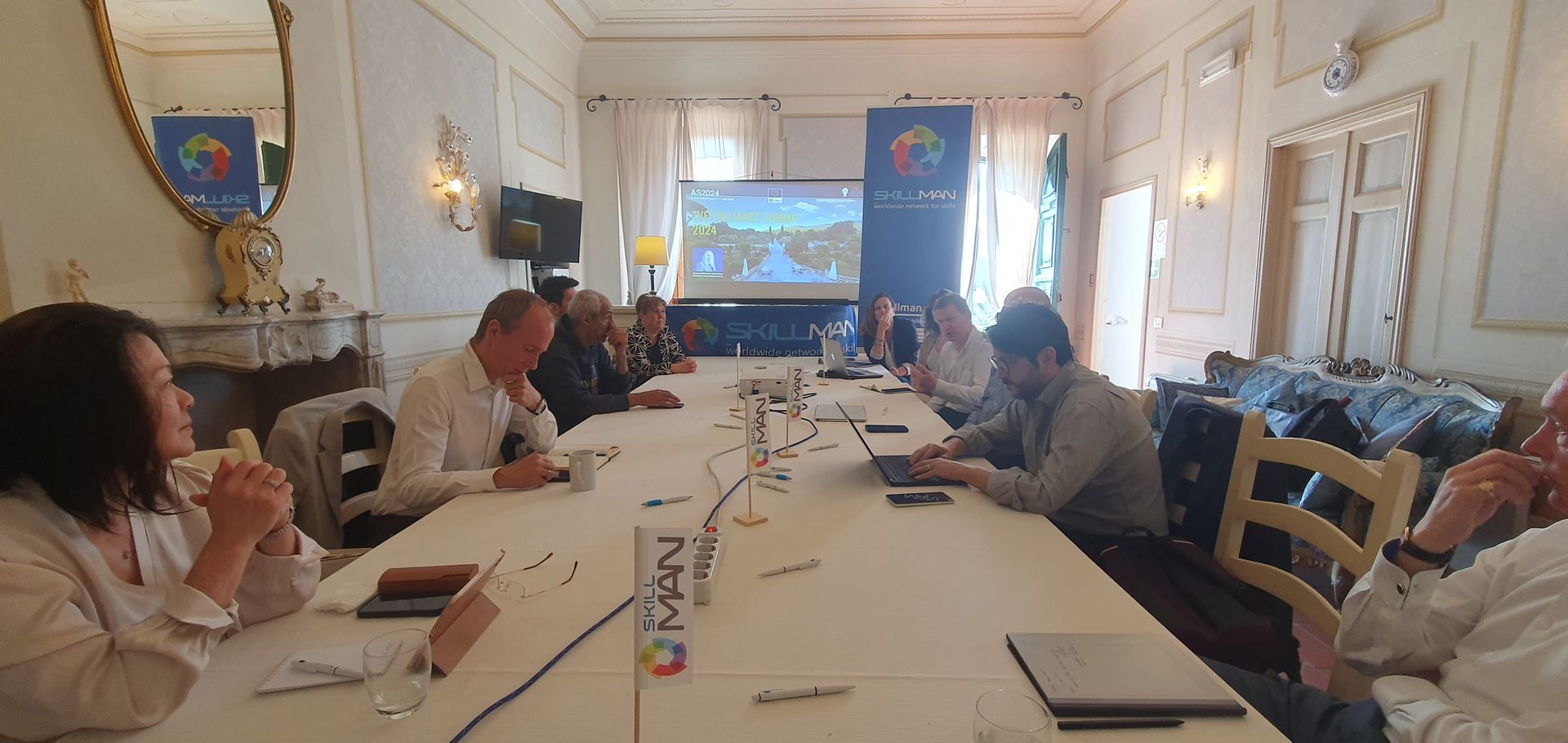On June 4-5, 2024, the Skillman Alliance Summit unfolded in the picturesque Villa Cheli in Lucca, Italy. This summit marks a significant milestone in an ongoing journey where educators, policymakers, and stakeholders come together to advance education and Technical and Vocational Education and Training (TVET). The participants at this summit demonstrated a shared commitment to fostering an inclusive, resilient, and sustainable society, where TVET plays a pivotal role in curriculum innovation and the creation of the "society of tomorrow."
The summit in Tuscany served as a crucial gathering to finalize the outcomes of the Skillman International Forum (SIF) 2023 and to chart the future direction for SIF 2024. This meeting provided a platform for delegates to assess the initial results of the Alliance's efforts and to strategize on enhancing and strengthening the network. The discussions were anchored around key principles and strategic directions that will shape the Alliance’s vision and actions in the coming years.
The discussions at the summit culminated in several vital conclusions that will guide the future efforts of the Skillman Alliance:
Ethical Values and Social Competences: There is a strong emphasis on reinforcing the role of education in promoting ethical values and social competences, essential for becoming active citizens. This approach not only prepares individuals for the labor market but also builds on early successes in raising awareness about the green transition among children and other critical areas such as gender equality.
Key Competences for Lifelong Learning (LLL) Inclusiveness: Providing students with the key competences necessary for active participation in lifelong learning remains a priority. This entails a flexible education system that integrates craft training and diversifies learning pathways, including apprenticeship programs in higher education.
Increasing Flexibility in Education Systems: Reviewing and adapting the business models of universities, centers of excellence, and schools is essential to make lifelong learning a reality. This includes integrating various forms of learning and adapting to the evolving needs of society and the labor market.
Leadership in Education Reforms: Recognizing and fostering leadership among stakeholders involved in designing and implementing education reforms is crucial. Effective leadership will drive the successful execution of these innovative educational strategies.
The summit identified several opportunities for the Skillman Network to explore and invest in, ensuring the continued growth and impact of the Alliance:
Investing in Crafts: Building on the experience of initiatives like Tracks4Crafts, the Alliance aims to seek additional partnerships with similar projects, such as those focused on mosaics, to enrich craft training and education.
Micro-Credentials for Lifelong Learning: The development and promotion of micro-credentials are seen as essential for creating a flexible lifelong learning system. Initiatives like DQF.EU and ESQS will play a significant role in this effort.
Exploring New Opportunities:
Sustainable Aging: Leveraging the human capital of retired individuals to contribute to society, exploring policies that promote the well-being and cost-efficiency of elderly care, and utilizing the vast human capital development (HCD) resources.
KPIs for Monitoring Progress: Implementing key performance indicators (KPIs) to monitor progress within the Skillman Network, ensuring continuous improvement and the multiplication of successful practices. Examples of such initiatives include "2good2go" and "From Home to Europe."
Among the anticipated highlights of this gathering was the much-anticipated multiplier event for Tracks4Crafts, which injected fresh vigour into the summit's proceedings.
The Alliance Summit provided an opportunity to present the T4C project, with the contribution of Elisa Guidi from Artex- Centro per l’Artigianato Artistico e Tradizionale della Toscana.
The Tracks4Crafts project emerges as a beacon, focusing on the transformation and transmission of Traditional Crafts Knowledge (TCK) to foster economic and societal appreciation. This initiative, coordinated by the University of Antwerp and comprising 15 partners from 10 different countries, is funded by Horizon Europe of the European Commission.
The primary objective of Tracks4Crafts (T4C) is to elevate the transmission of traditional crafts knowledge, recognising its potential contribution to economic growth, innovation, and sustainable development. By blending traditional craft techniques with cutting-edge technologies, the project aims to open new dimensions and opportunities for the preservation, restoration, and distribution of cultural goods, while also contributing to ecological sustainability through practices such as short-circuit exchange, re-use, and the use of renewable raw materials, fostering inclusivity in the labour market.
The multiplier event focused on improving the skill set of the heritage sector workforce, particularly in handcrafts, in order to create new job opportunities and boost the job market.
